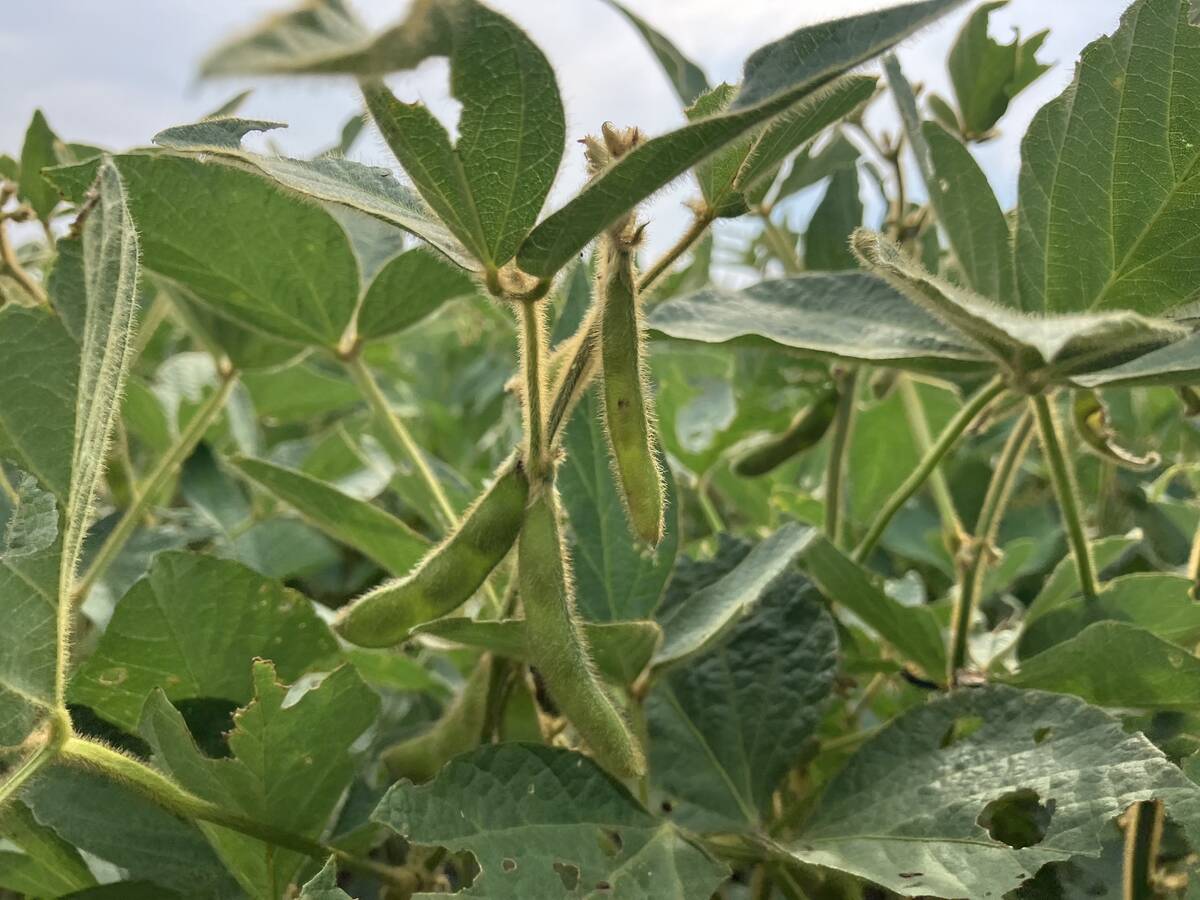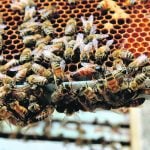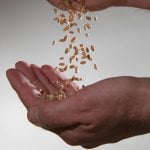If a cow eats genetically modified alfalfa, does the milk she produces have to be identified as GM milk?
Will dairy farmers someday have to worry about critics who question spreading GM manure on fields?
Last week, Canada’s dairy farmer lobby cautiously edged its way into the debate over biotechnology and genetically modified organisms, trying to answer those questions.
In the end, Dairy Farmers of Canada decided to walk a middle line.
Delegates to the DFC convention Jan. 27 decided they would not support transferring genes from another species into dairy cows that produce milk for human consumption.
Read Also

U.S. loses out on sales of soybean to China
U.S. soybean exporters risk missing out on billions of dollars worth of sales to China this year as trade talks drag on and buyers in the top oilseed importer lock in cargoes from Brazil.
However, they rejected the idea of labeling milk as a GM product.
“On the basis of current knowledge, DFC believes that feeding GMO feeds does not result in modification of milk and should not be a factor in labeling considerations,” said the policy statement approved at the end of the conference.
“Therefore, at this time DFC does not support labeling of milk on the basis that GMOs are used in the diet of dairy cows.”
Delegates laughed off the idea of GMO manure but agreed they should continue to work with consumers’ groups “to ensure their concerns are addressed.”
The dairy producers also argued against the patenting of the products of biotechnology, affirming “the principle that no one can patent the fundamental aspects of life and nature.”
Who decides?
Several delegates argued that DFC was wrong to delve into the controversial issue and to take a stand on which technological advances are acceptable.
“Where does this stop?” asked Stan Van Keulen of British Columbia. Next year, will there be another product or process “opposed by some special interest group with too much time on their hands?”
Quebec delegate Jean GrŽgoire said the market and consumer unease are dictating that dairy farmers should worry about it. Producers of other products have been finding processors reluctant to deal with products suspected by consumers of being genetically modified.
DFC president John Core said in a later interview he considers the position a good one. It supports biotechnology research that uses milk to produce new industrial or pharmaceutical products as long as they do not get into the human milk stream.
And by opposing injection of genes from another species into milk cows, it protects against the critics alleging milk comes from “frankencows.”
But it insists milk is pure and unchanged, whether or not the feed is affected by GMOs.
“I think it is a balanced position,” said Core.
– WILSON

















